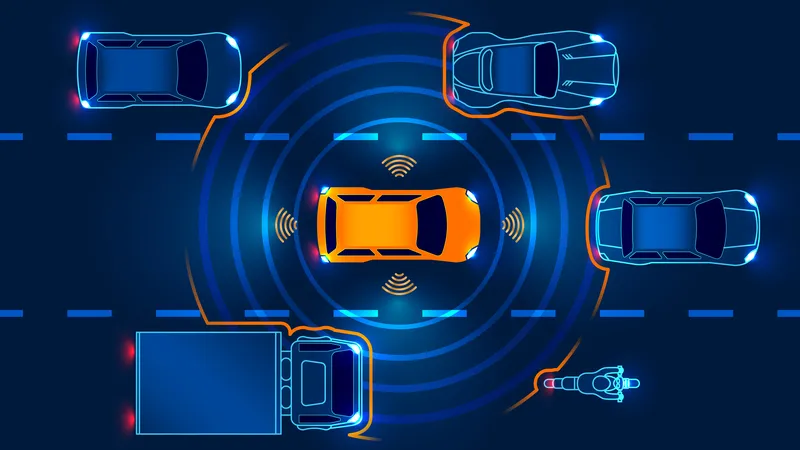Indra is to implement its ticketing technology in the subway in Delhi, India, under a contract worth US$1.4 million (EU1.27 million). The project includes the design, supply, installation and commissioning of more than 1,000 portable terminals that will allow payments to be made in cash or through the current transport card, card top-ups and tickets to be issued for offences in the parking lots and Delhi subway feeder buses. These terminals will also be integrated with the existing contactless fare collecti
April 5, 2016
Read time: 2 mins
The project includes the design, supply, installation and commissioning of more than 1,000 portable terminals that will allow payments to be made in cash or through the current transport card, card top-ups and tickets to be issued for offences in the parking lots and Delhi subway feeder buses. These terminals will also be integrated with the existing contactless fare collection system and the central clearing system. Indra will also be responsible for maintaining the equipment for seven years.
Indra's technology will allow the subway user parking lots to be independently managed, enabling payments to be made automatically with the transport card. All equipment will be linked to and integrated with the central ticketing system in order to exchange information required for them to work and to report data on transactions and statuses in real times, enabling Delhi subway to optimise its resources, adapting them to real needs and demand.
Meanwhile, commuters will benefit from being able to pay for the parking lots and feeder buses operated by Delhi subway with their contactless smart card and take advantage of available discounts.









